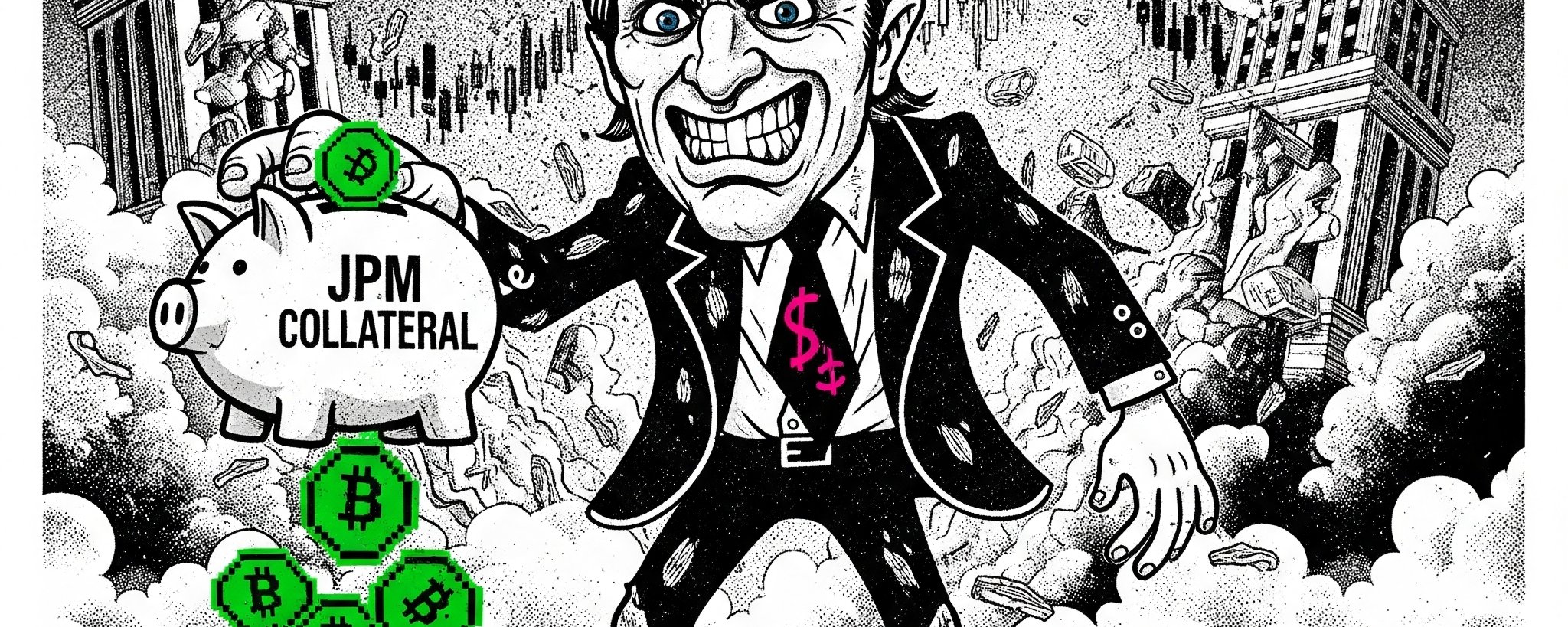David’s Note: This article was substantially revised on October 11, 2025 to incorporate new research and provide a more comprehensive analysis.
Executive Summary
This report examines the societal and legal implications of niche dating applications. These apps are operated by Match Group’s subsidiary, Affinity Apps, LLC. The portfolio includes platforms like Chispa (Latino), BLK (Black), and Upward (Christian). A violent crime facilitated through the Chispa app prompted this analysis.¹ It investigates whether these demographically-targeted platforms contribute to the exclusion of non-denominational white individuals from the dating pool.
The core finding is that these niche applications are not a primary driver of exclusion against the majority demographic. Instead, they are a market response to pre-existing exclusionary dynamics on mainstream dating platforms. These dynamics and racial hierarchies are well-documented. They systematically privilege white users and disadvantage certain minority groups.² These apps function as digital enclaves. They provide necessary and affirming spaces for communities that face discrimination elsewhere.³
However, the report also finds that the architecture of these platforms creates powerful feedback loops. This architecture relies on user-controlled and algorithmic filtering. These loops risk amplifying human biases and reinforcing social segregation.⁴ This business model is predicated on sorting users by protected characteristics like race and religion. This places Match Group in a precarious legal position. This is particularly true as the debate over whether dating apps constitute “places of public accommodation” under anti-discrimination law evolves.⁵
The report provides key recommendations for both Match Group and policymakers. It advises Match Group to enhance user safety, increase algorithmic transparency, and conduct an ethical review of its filtering policies. It urges policymakers to resolve the legal ambiguity surrounding digital public accommodations. They should also develop frameworks for algorithmic accountability. This would hold platform companies responsible for the discriminatory outcomes of their technology.
The report concludes that the central challenge is not a phantom threat of exclusion. It is about balancing the human need for affinity with the broader societal goal of integration.
(more…)







